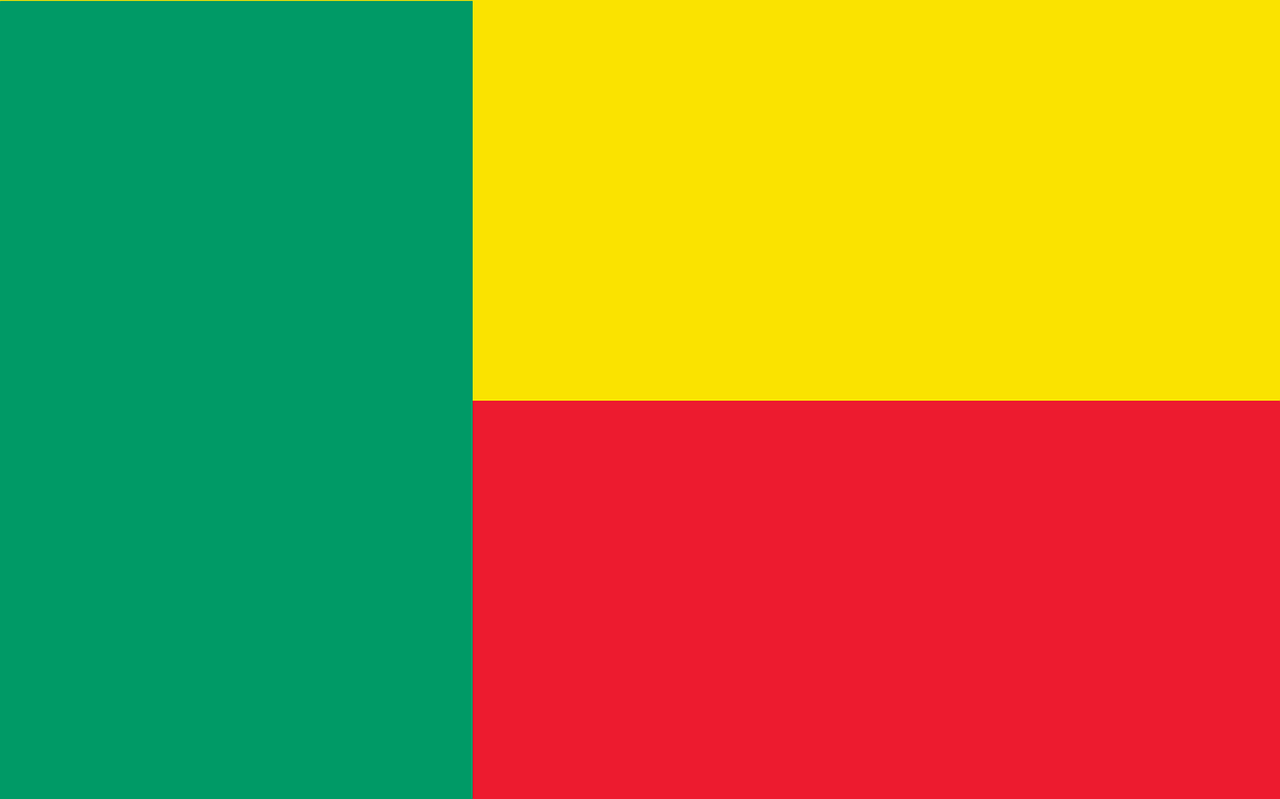
Benin is renowned for its vivid Vodun ceremonies, a cultural tradition that embodies profound spiritual depth and vibrant ritualistic expression. As the birthplace of Vodun (also spelled Voodoo), Benin’s ceremonies are a cornerstone of its cultural identity, blending ancestral worship, music, and dance.
Vodun, meaning “spirit” in the Fon language, originated in Benin over centuries, rooted in the beliefs of the Fon, Ewe, and Yoruba peoples. It is a religion and way of life, honoring deities (*loa* or *orisha*) and ancestors through elaborate rituals. Vodun spread to the Americas via the slave trade, influencing practices like Haitian Voodoo, but Benin remains its spiritual epicenter, particularly in cities like Ouidah and Porto-Novo.
Vodun ceremonies are vibrant spectacles, featuring rhythmic drumming, chanting, and dance to invoke spirits. Participants, often in colorful costumes or white robes, enter trances to commune with deities, guided by priests or priestesses (*vodunon*). Offerings like food, alcohol, or animals are made to honor spirits, while sacred symbols (*veve*) are drawn on the ground. Ceremonies vary, from private family rituals to public festivals, each rich with symbolic meaning.
The annual Vodun Festival, held every January 10 in Ouidah, is a global draw, showcasing dances, masquerades, and rituals along the “Route of the Slaves.” Temples like the Python Temple in Ouidah, where snakes are revered, highlight Vodun’s unique practices. Communities pass down rituals through oral traditions, with initiates training for years to lead ceremonies, ensuring cultural continuity.
For players of Hinties, the daily country guessing game, Benin’s vivid Vodun ceremonies are a key cultural clue. Hints mentioning “Vodun ceremonies” or “African spiritual rituals” often point to Benin, helping players quickly identify the correct country and improve their scores. Recognizing this tradition can provide a strategic edge in mastering the game.
Vodun is a UNESCO-recognized Intangible Cultural Heritage, reflecting its global significance. In Benin, it fosters social cohesion, with over 17% of the population practicing it alongside Christianity and Islam. Despite historical stigmatization, Benin’s government promotes Vodun as a cultural treasure, with museums and festivals preserving its legacy. The tradition also influences art, music, and literature across West Africa.
Benin’s vivid Vodun ceremonies are more than rituals; they are a dynamic celebration of spirituality, community, and cultural heritage. Whether witnessed in Ouidah or referenced in a Hinties clue, Vodun offers a window into Benin’s sacred soul. Exploring this tradition not only deepens appreciation for world culture but also enhances the Hinties experience by connecting players to the stories behind the clues.